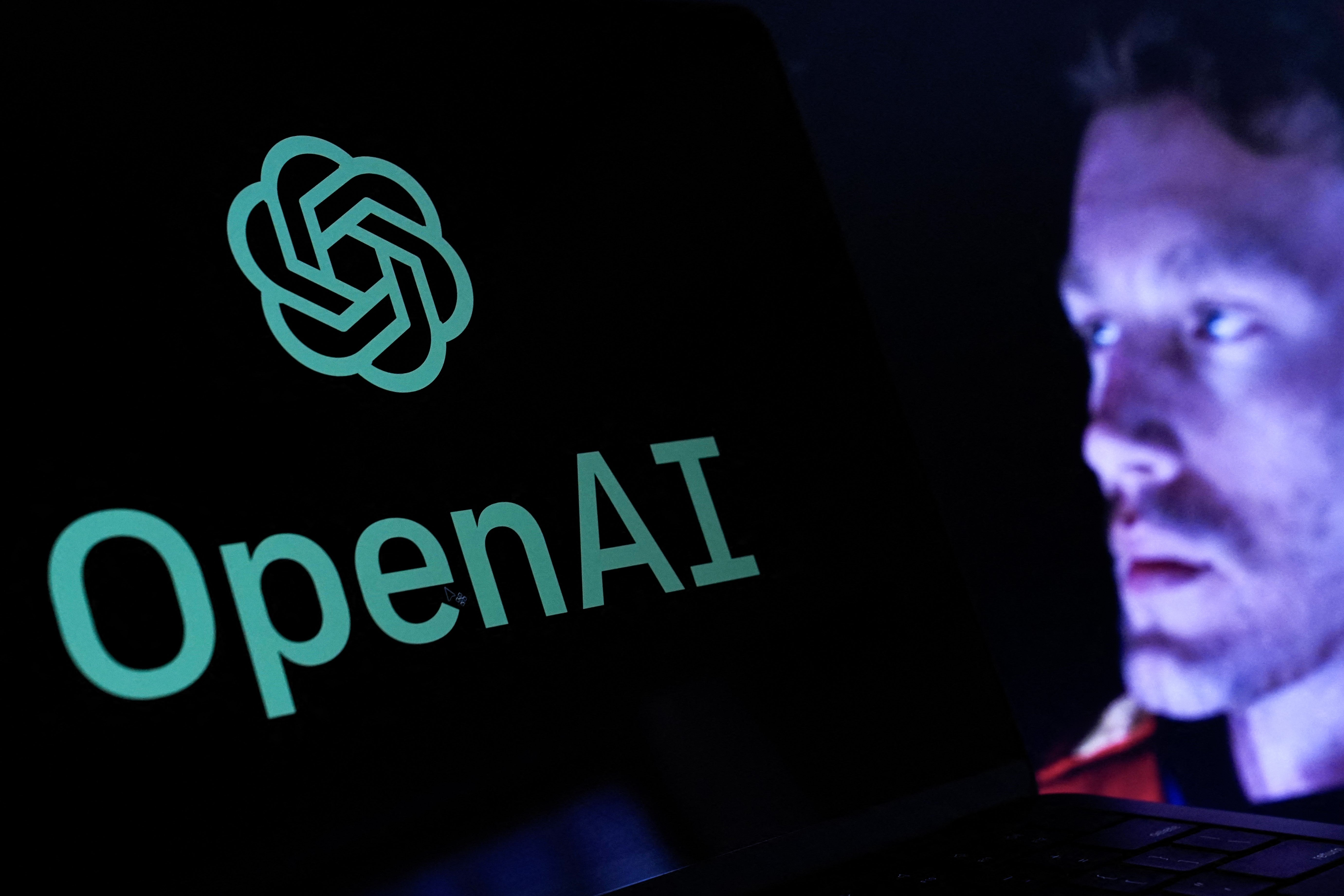OpenAI asks Indian court to block media groups from joining copyright lawsuit
American company also seeks to dismiss suit brought by book publishers body

Your support helps us to tell the story
From reproductive rights to climate change to Big Tech, The Independent is on the ground when the story is developing. Whether it's investigating the financials of Elon Musk's pro-Trump PAC or producing our latest documentary, 'The A Word', which shines a light on the American women fighting for reproductive rights, we know how important it is to parse out the facts from the messaging.
At such a critical moment in US history, we need reporters on the ground. Your donation allows us to keep sending journalists to speak to both sides of the story.
The Independent is trusted by Americans across the entire political spectrum. And unlike many other quality news outlets, we choose not to lock Americans out of our reporting and analysis with paywalls. We believe quality journalism should be available to everyone, paid for by those who can afford it.
Your support makes all the difference.Microsoft-backed OpenAI sought to block on Tuesday India’s biggest media organisations, including those of billionaires Gautam Adani and Mukesh Ambani, from joining a copyright lawsuit that is set to shape the legal framework for AI in India.
Courts globally are hearing cases from authors, news organisations and musicians who accuse technology firms of using their copyrighted work to train artificial intelligence services without permission or licence.
India is OpenAI’s second-largest market by number of users, after the US.
In India, the case began with legal action last year by local news agency ANI, and in recent weeks book publishers and almost a dozen digital media outlets, including those owned by Adani and Ambani, have sought to join the case to challenge the AI giant.
Earlier on Tuesday, Reuters reported OpenAI had in a filing sought to dismiss the book publisher’s case, saying its ChatGPT service only disseminates public information.
Later in court, OpenAI lawyer Amit Sibal said he would oppose the bid by media organisations to join the case. “I have an objection, I wish to file a reply,” Mr Sibal told the court, referring to a written reply he would submit with reasoning in due course.
The case will next be heard in February.
OpenAI maintains it only uses publicly available data in a manner protected by fair use principles. Asked for comment on Tuesday, it referred Reuters to its earlier statements and the court filing challenging the book publishers.
OpenAI has also said, in its initial response to the ANI case, that Indian judges have no jurisdiction to hear a case against it as its servers are located abroad.
During Tuesday’s hearing, Mr Sibal also sparred with opposing lawyers over media reporting on the lawsuit.
OpenAI objected to articles appearing in media which were based on interviews and non-public court applications of book publishers and Indian news groups, saying “reliefs are being pursued in two courts, this court and the public court”.
The lawyer for the digital news group, Ameet Datta, said such allegations should not be made, calling them “really unfortunate”.
The Federation of Indian Publishers, which represents many Indian companies and the likes of Bloomsbury and Penguin Random House, has argued ChatGPT produces book summaries and extracts from unlicensed online copies, hurting their business, an allegation OpenAI denies.
Separately, digital news units of India’s largest media groups including The Indian Express and the Hindustan Times have sought to join the lawsuit by arguing ChatGPT was scraping content from their news websites to store and reproduce their work for its users.